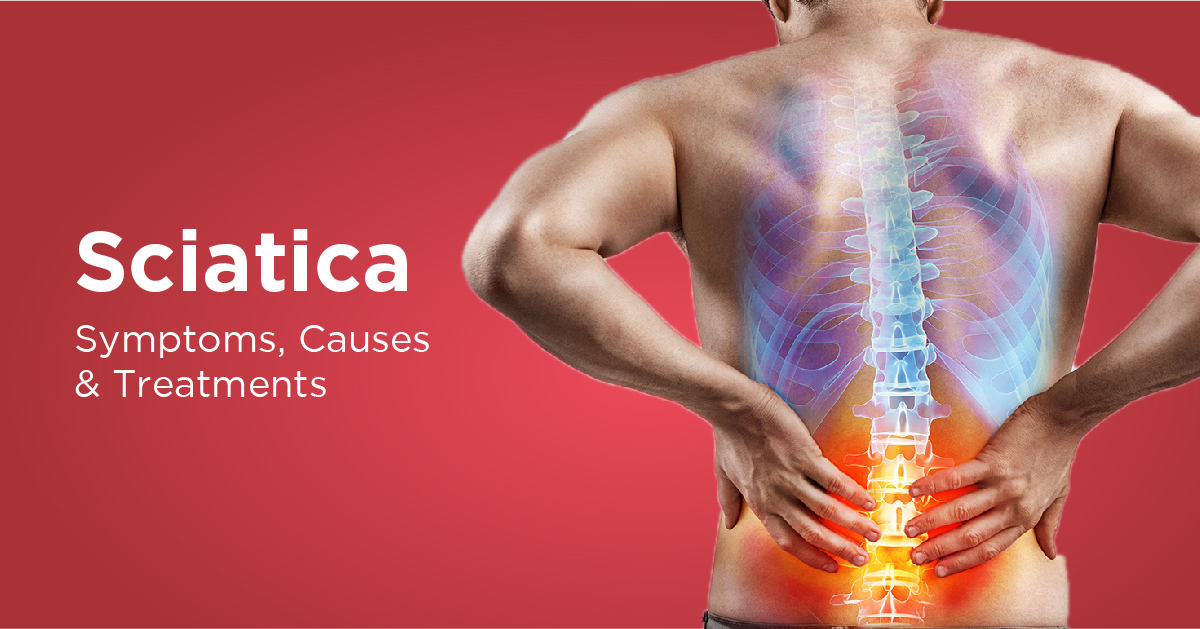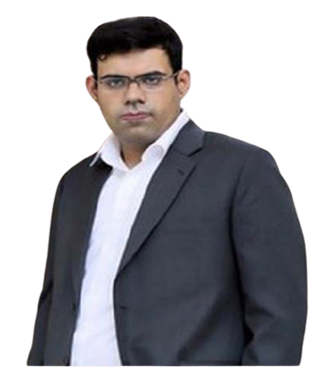Sciatica
Low back pain in simple terms is pain at the lower end of spine in the area between lower margins of ribs and the lower gluteal folds. Sciatica is a term used for pain radiating down from the lower spine to the legs. Most common cause of sciatica is irritation or compression of the nerves as they exit the spine on their way to the lower limbs. It may be accompanied by numbness, tingling and weakness in the distribution of the involved nerve.
Back pain can orifinate from numerous sources and some of the common causes include:
- Disc Herniation, Degenerative disc disease
- Facet and Sacroiliac Joints
- Muscle and Ligamant sprains/injuries
- Narrowing of spinal canal- Spinal stenosis
- Spondylolisthesis
- Fractures, trauma
- Autoimmune diseases
- Infections
- Cancer
Pain Clinic offers non-surgical, minimally invasive management options. Multi-disciplinary management based on biopsychosocial model of pain is the preferred approach. This involves using a combination of different modalities to provide maximum relief and minimal side effects. Commonly used modalities include:
- Interventions such as nerve root blocks can be particularly helpful in cases of disc bulges causing sciatica like symptoms. Some of the other interventions offered in pain clinic include
- Nerve root blocks – These can be particularly helpful in cases of disc bulges causing sciatica like symptoms
- Facet joint injections and radiofrequency ablation
- Epidural injections using caudal and interlaminar approach
- Racz Procedure (Epidural Neurolysis)
- Lumbar Dorsal Root Ganglion Pulsed Radiofrequency
- Sacroiliac joint injections and radiofrequency ablation
- Coccyx injections
- Nerve blocks and deep muscle injections such as piriformis
- Lumbar Sympathetic Block
- Trigger point injections
- Medicines including anti-inflammatory medications, neuropathic agents, muscle relaxants and opioids
- Physiotherapy tailored to your functional status and focussing on core strengthening
- Psychology input including cognitive behavioural therapy, relaxation techniques, self help strategies and addressing any coexisting anxiety/depression
- Lifestyle changes such as pacing of activities, weight management, giving up smoking



